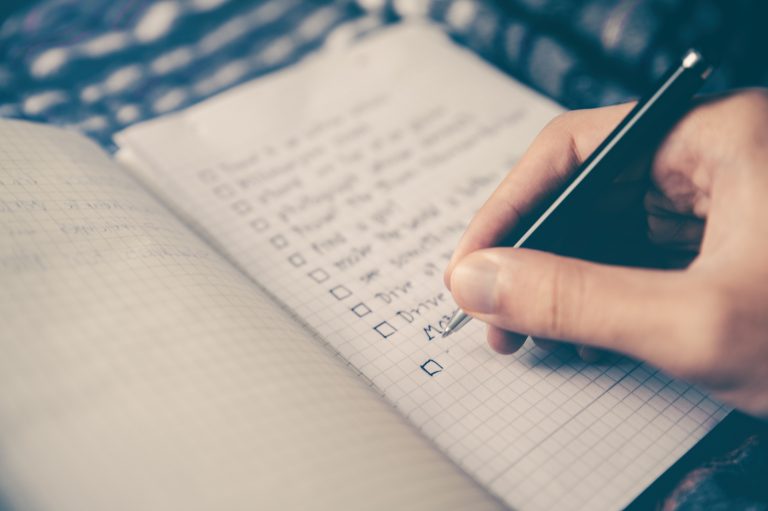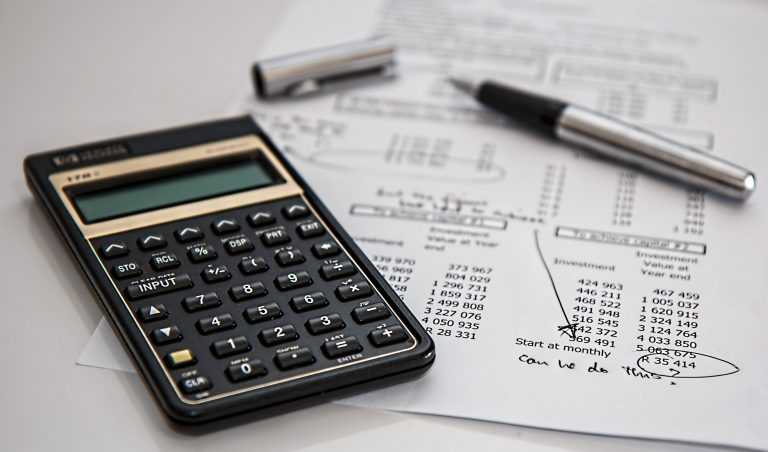12 Better Money Habits to Boost Your Credit Score
Striving to keep your debt in check, stick to a budget, and increase your credit score? A focus on building better money habits may be your key to success. Tweaking the everyday ways you spend and save can have a big impact on your score over time.
Check out these tried-and-true techniques for building better money management habits that can translate to a higher credit score.

Better money habits: Credit score boosters
A better credit score can have a meaningful impact on your life. After all, your credit score plays a big role in determining the interest rate on your mortgage, car loan or student loan (and whether you get approved at all). Potential landlords and employers could evaluate your credit score, too.
The good news is you can take control with a few simple habits.
1. Monitor your score regularly and review your credit report annually. Checking your credit score regularly will help you know right away if you’re making progress, or if something is dragging down your score. Sign up for Upgrade’s Credit Health for free credit monitoring and credit tools. You can check your credit report from each major agency once a year for free. Look for common errors and pursue corrections as needed.
2. Sign up for credit card balance and payment due date alerts. Get in the habit of paying on time and staying well below your card’s maximum limit, and watch your score climb. Your monthly payment history is the most important factor in determining your credit score, so staying on time is essential. Credit card balance alerts can also help you manage your credit utilization ratio, another key driver of your credit score.
3. Make multiple payments each month. Instead of making one payment on your credit card right before the due date, consider making multiple smaller payments throughout the month. This will help you reduce your balance, make your payments on time, and keep your credit utilization ratio lower throughout the billing cycle.
4. Enroll in autopay for credit cards. If you can’t afford to pay off the balance, sign up to automatically pay at least the minimum each month. You can always add a second payment if you’re feeling flush, but if you at least pay the minimum you’ll avoid a credit-dinging late payment on your report.
5. Freeze your credit cards—literally. Cutting down on the amount of credit you use relative to your credit card limits (known as your credit utilization ratio) is a great way to improve your credit score. Not ready for the commitment of cutting your cards up? Some people remove the temptation to charge by submerging a card in a bowl of water then sticking it in the freezer. If you’re battling the desire to charge something, you’ll have time to re-think the choice as you overcome a serious defrost. Plus, keeping the card open with a $0 balance is generally healthier for your score than closing it altogether.
Better money habits: Budget tricks
You may already know that a budget is a powerful tool for eliminating debt and getting spending under control (which usually leads to a higher credit score), but sticking to one is often easier said than done. These money-management habits can help you achieve budget success.
6. Try the envelope system. Many experts agree that using cash can help control spending. Categorize your expenses into envelopes and fill them with cash according to your budget, including bills, food and entertainment. When you’ve spent through an envelope, you’re done until the next month. This will help you stick to your budget and avoid running up your credit card balances. Of course, don’t forget to store your cash in a secure place.
7. Check out an online personal finance tool. Services like YNAB, Personal Capital, and Mvelopes can help you analyze spending, track income and budget your money. Keep in mind that some services have fees associated with them.
8. Turn on automatic savings. Once you’ve decided how much to save each month, set up an automatic transfer from checking to savings. Schedule it close to your payday so you don’t have time to miss the money. You can use this extra savings to prepare for a major purchase, give yourself a cushion, or pay down some old debts.
9. Write a specific financial goal in Sharpie on your credit card. Every time you open your wallet or swipe at the register, you’ll be reminded of your goal, whether it’s paying off debt or saving for a new house. Seeing the words in bold ink might be enough to deter you from an impulsive, over-budget purchase.
10. Erase stored credit card information from your browser. Shopping online? Pump the brakes on one-click transactions and force yourself to reconsider by removing stored credit card information from your internet browser. Remember: keeping your revolving balances down can have a big impact on your credit score.
Better money habits: Bonus techniques
11. Be smart about medical debt. 26% of working-age Americans report having problems paying medical bills.1 Past due medical bills can end up in collections, which can significantly impact your credit score. To keep your medical debt in check, carefully review your bills and insurance policies, and consider negotiating the amount owed.
12. Put it on the calendar. Take time each month to address your financial health. For example, you can set annual goals in January, prepare for taxes in February and review your credit report in March. Paying consistent attention to your finances helps keep your goals on track.
Want to learn more about the financial habits that can help you achieve your goals? Upgrade offers tools to help you better understand and monitor your credit.


